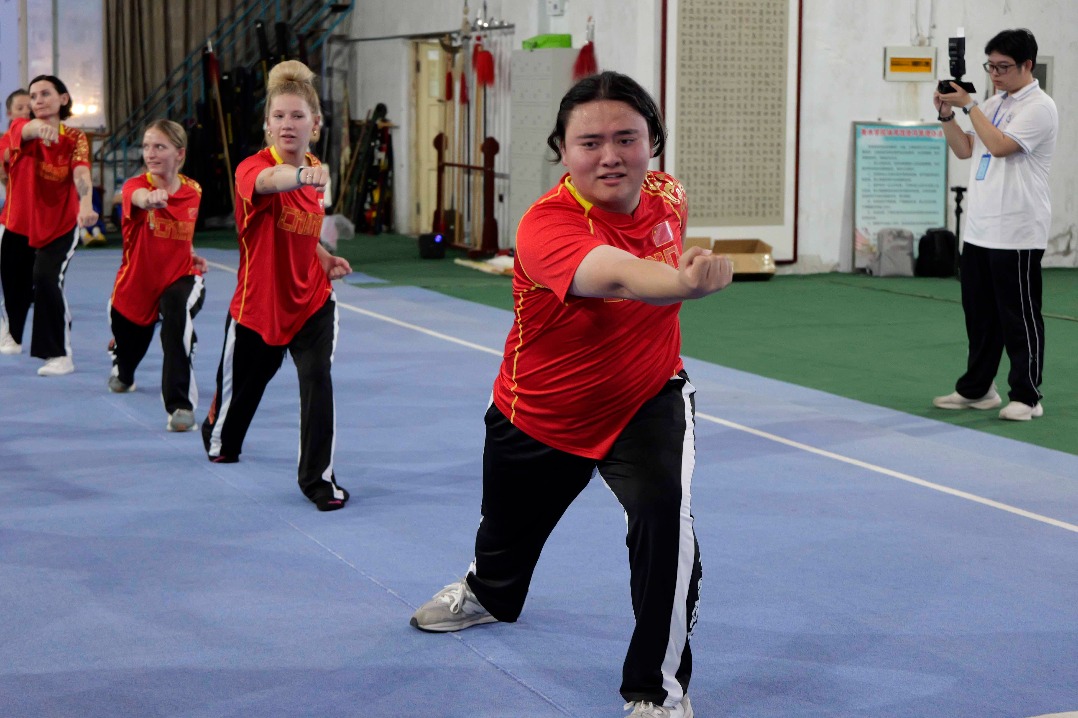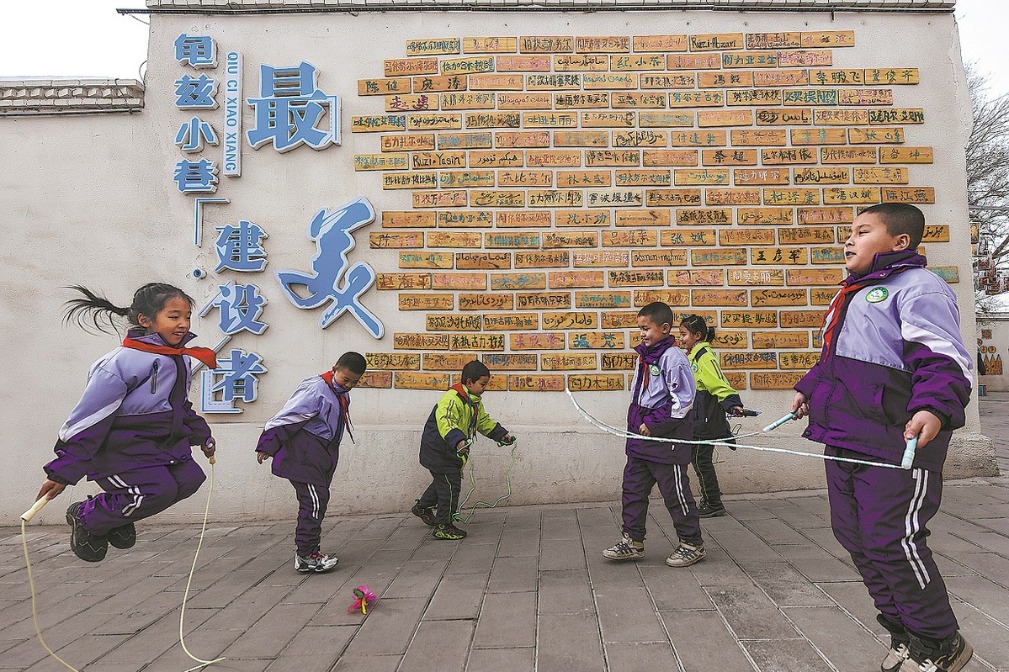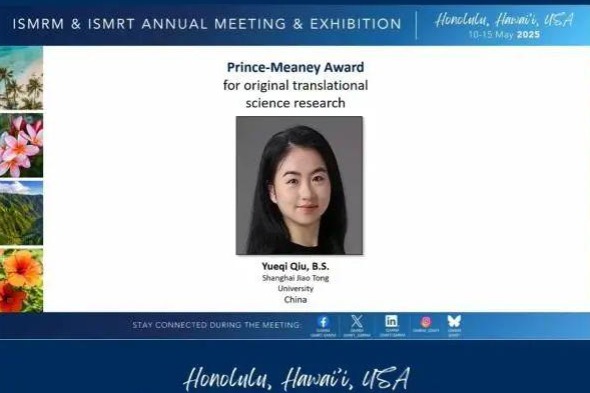Chinese and EU experts stress ethical use of AI

China and the European Union have pledged to deepen cooperation in vocational education and skills training for the artificial intelligence era, as experts at a conference in Qingdao, Shandong province, called for ethical use of AI and digital learning platforms to meet fast-evolving workforce demands.
"In the era of AI, the cycle of knowledge, skills and technological updates has shortened, leading to rapid shifts in professions. New occupations are emerging while outdated skills are being phased out," said Liu Qibao, vice-chairman of the 13th National Committee of the Chinese People's Political Consultative Conference.
"AI will bring profound changes to the methods, content and scenarios of vocational education. The rapid advancement of technology opens up vast opportunities for its development," said Liu, who also serves as president of the China-EU Association.
He made the remarks at the China Europe International Conference on Vocational Education and High-Skilled Talent Development, which concluded on Thursday in Qingdao.
In May, the Ministry of Human Resources and Social Security proposed adding 17 new professions, including cross-border e-commerce operations managers, drone swarm flight planners and electronic circuit designers. It also proposed recognizing 42 new job types, such as generative AI system testers and smart maintenance technicians.
Jose Luis Rodriguez Zapatero, former prime minister of Spain, said while AI drives innovation, it also presents societal challenges.
"AI will not fundamentally threaten employment — though some jobs may disappear, new ones will emerge," he said.
He called for ethical guidelines and global collaboration to regulate and guide AI development.
"University and vocational education cooperation will serve as key bridges in strengthening mutual understanding between China and Spain," he added.
The Suzhou Chien-Shiung Institute of Technology in Taicang, Jiangsu province, has partnered with more than 20 foreign-invested enterprises and over 30 Chinese small and medium-sized enterprises to cultivate apprentice talent.
"Our school has trained more than 5,000 apprentices over the past two decades for enterprises," said Su Xiaofei, Party secretary of the institute.
"Notably, 70 percent of these graduates remain in the manufacturing sector today, with a significant proportion continuing to pursue technical careers," he said.
Once focused on training technicians for traditional manufacturing, the institute now faces challenges as factories shift toward smart and digitalized operations.
"The most critical challenge is the rapidly changing demand for workforce competencies," Su said. "For example, how do we cultivate skilled talent to meet the experimental workforce demands of the biopharmaceutical industry?"
To adapt, the institute has established a virtual simulation training base that integrates industry and education, allowing students to conduct everything from basic lab mouse handling to advanced experiments through immersive VR and AR technology.
At the Qingdao conference, participants agreed to enhance access to digital training by jointly building a China-EU Digital Training Cloud Platform, which will integrate real-world scenarios and projects into virtual simulation programs.
The event also saw the signing of cooperation agreements between Chinese and European companies and schools from countries including Germany and Finland.





































